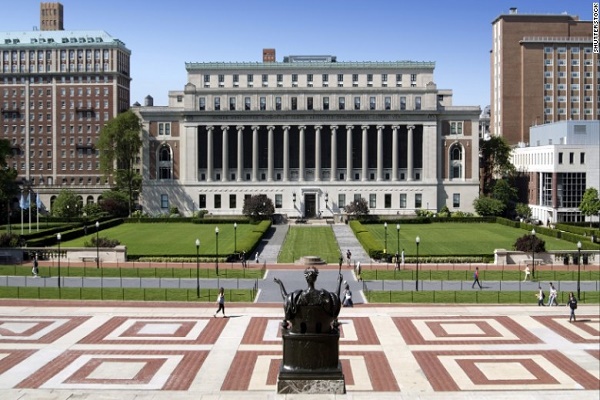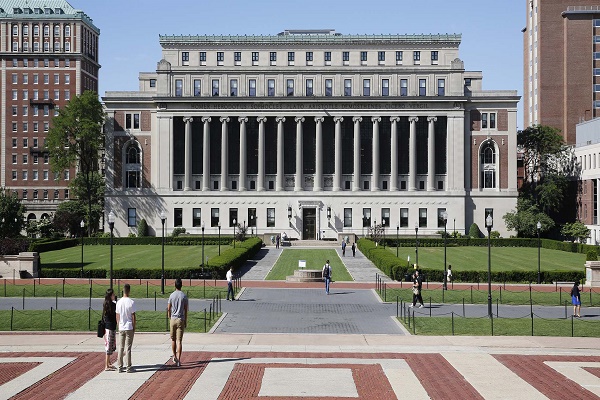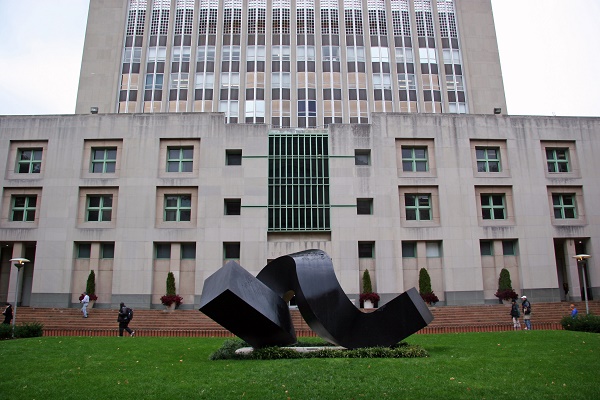
| Duration | 12 Months |
|---|---|
| Level | Masters Program |
- Financial Engineering is a multidisciplinary field involving financial theory, engineering methods, mathematical tools, and programming
- It is designed for students who wish to work in industries such as securities, banking, and financial management and consulting, or general manufacturing and service firms
- The first half of the program is devoted to tools of the trade and their use in modeling financial markets and instruments
- The MSFE curriculum includes courses in stochastic processes, optimization, numerical techniques, Monte Carlo simulation, and data analysis
- Students make use of these methods in portfolio theory, derivatives valuation, and financial risk analysis
- The second half gives students an opportunity to take more advanced courses or study specialized topics, ranging from models of the term structure of interest rates to a study of the implied volatility smile, as well as a course on applications programming for financial engineering
- The program offers seven concentrations, including:
- Asset Management
- Computation & Programming
- Computational Finance/Trading Systems
- Derivatives
- Finance & Economics
- Financial Technology
- Machine Learning for Financial Engineering
| Fees components | Amount |
|---|---|
| Tuition & fees | 5790061 INR |
| Hostel & Meals | 1496733 INR |
| Insurance | 269230 INR |
| Transportation | 83713 INR |
| International Student Fee | 16113 INR |
| Document Fee | 7690 INR |
| Health Service Fee | 89353 INR |
| Facilities Fee | 77781 INR |
| SEAS Graduate Student Activity Fee | 29296 INR |
| Books & Supplies | 153804 INR |
| Personal Expenses | 395496 INR |
| Total | 2619209 INR |
Entry Criteria
| Class 12th | No specific cutoff mentioned |
|---|---|
| Bachelors | 3.0 GPA
|
| Exams | TOEFL: Accepted
IELTS: Accepted
PTE: Accepted
GRE: Accepted
|
| Additional info |
|
Contact form












